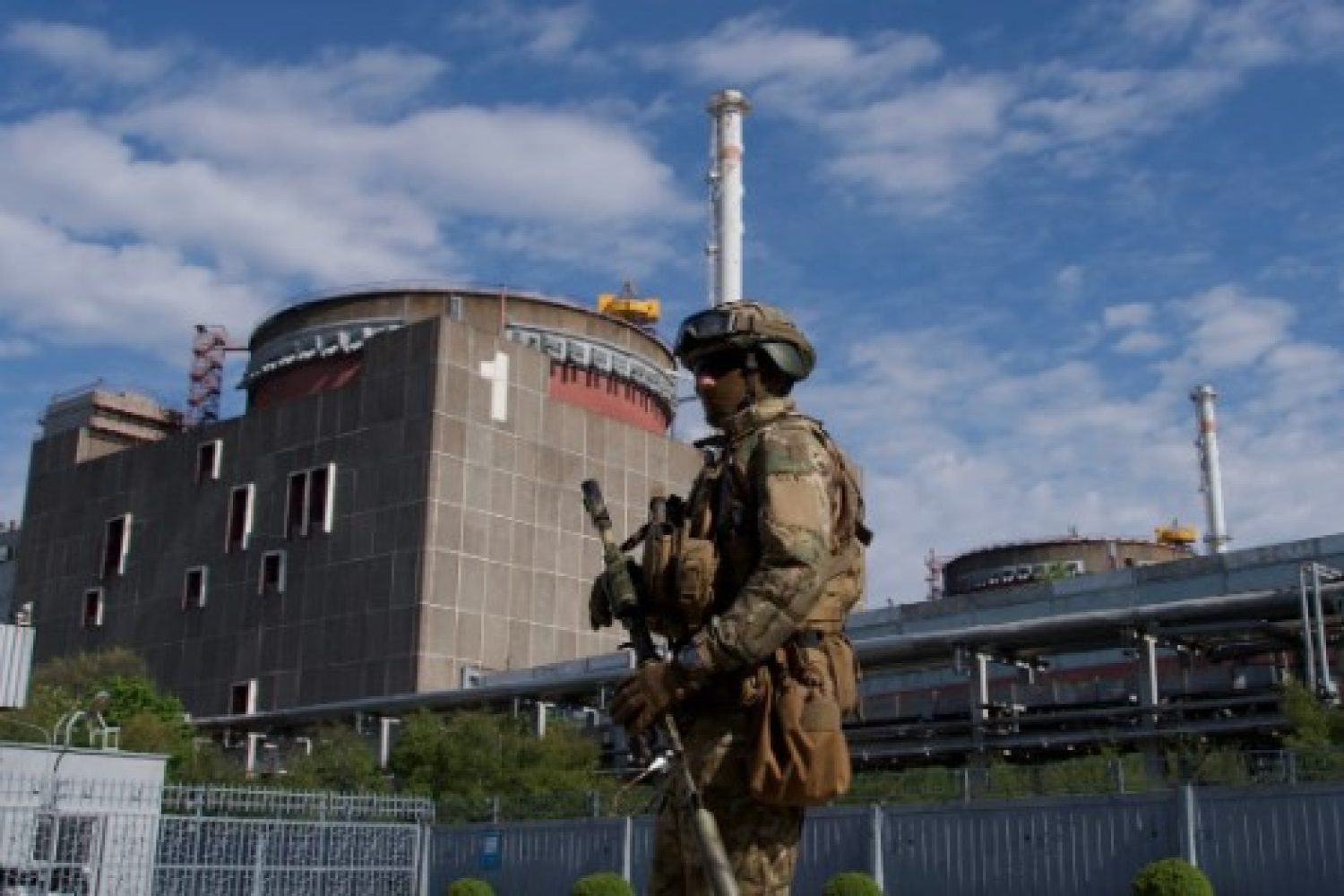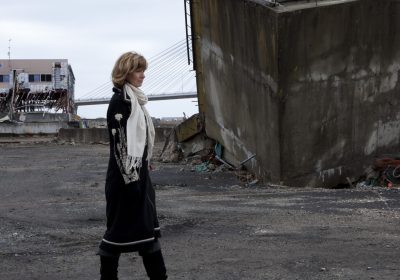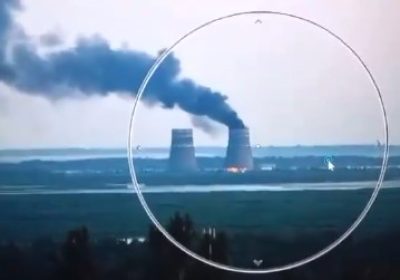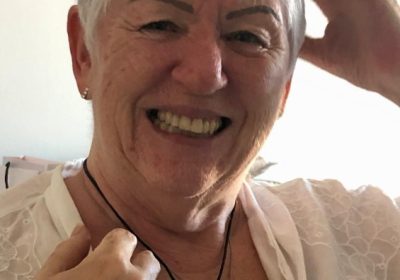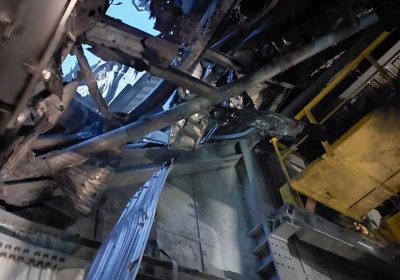On the twelfth anniversary of the Fukushima disaster, Adi Roche pleads for UN intervention at war-stricken Zaporizhzhia Nuclear Power Plant.
The World’s most vulnerable nuclear power plant is in an urgently deteriorating state, as countless bombs and explosions wreak havoc on the facility in Ukraine. On Thursday, Zaporizhzhia Nuclear Power Plant withstood over 20 explosions and sustaining severe damage to its vital safety system, further heightening the possibility of the vulnerable plant becoming a weapon of mass-destruction in the war.
Back-up diesel generators – a last line of defence to prevent meltdown from overheating reactor fuel – kicked in after external power was lost to the plant early yesterday. The plant, which was the second to be occupied after Chernobyl, has machine-guns placed on the roof of one of the reactors and hundreds of Russian soldiers stationed there. This is the first time in the history of the atomic age that a nuclear power facility has been weaponised.
In response to this increasingly precarious situation and heightened nuclear threat, Chernobyl Children International’s Voluntary CEO, Adi Roche has called for the Irish Government to act as a leader in lobbying the United Nations to take more direct action;
“We cannot overstate the current critical situation at Zaporizhzhia. We are playing Russian Roulette and our luck is about to run out. We are staring down a barrel of a loaded gun.”, Roche stated.
“When we have no regard for consequences, it can only lead to one, devastating outcome. It is an untenable situation as the risk of a nuclear explosion, by accident or design, is dangerously high, which would lead to a humanitarian armaggedon. We need the Irish Government to rally the United Nations to send peacekeepers to Zaporizhzhia to demilitarise the site with an immediate effect.”
The UN Nuclear Watchdog, IAEA, has been unable to secure any agreement from both Ukraine and Russia to date, which its own director, Rafael Grossi, slammed as ‘astonishing complacency’ this week. Any potential explosion or meltdown at Zaporizhzhia would cause irreversible damage to the environment and human life, that will last for thousands of years.
Roche’s comments come ahead of the 12th Anniversary of the Fukushima Nuclear disaster, which has left a devastating radioactive footprint with far-reaching consequences;
“The effects of Fukushima and Chernobyl are going to echo across generations. We must do everything in our power to stop adding Zaporizhzhia to this deathly list of nuclear disasters. When are we going to learn from past mistakes?”
Since the beginning of the war, CCI have been advocating for all nuclear facilities be deemed a ‘No War Zone’ and for World Leaders to invoke the Hague Convention which defines any attack on a nuclear facility to be a ‘war crime’.


